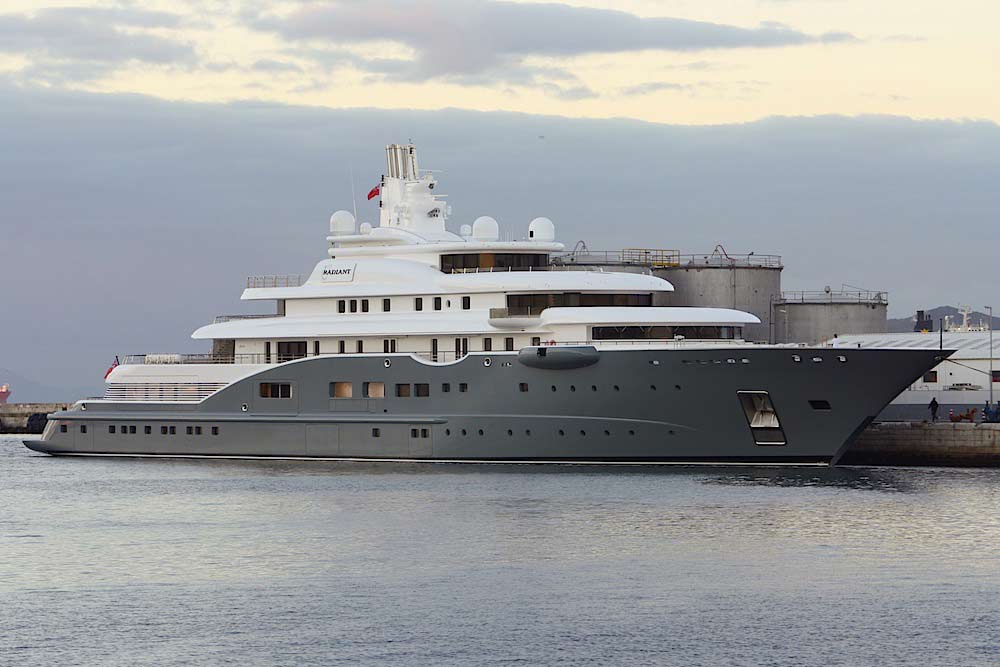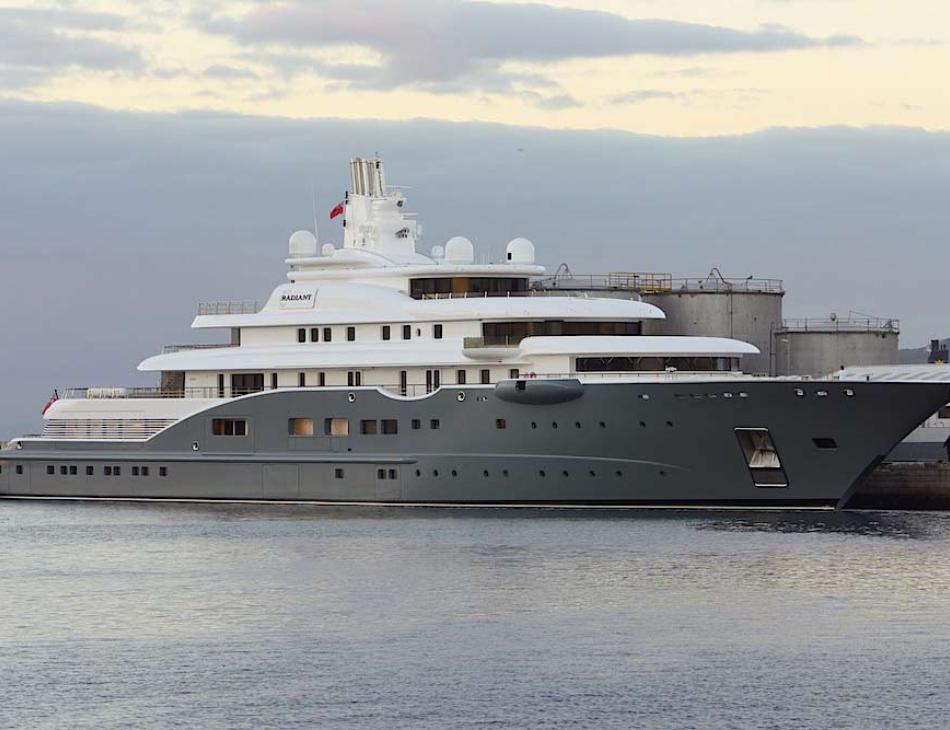Jurisdiction in International Luxury Contracts
Forum or Country and Court Shopping .
You might think that the outcome of a court case would be the same irrespective of jurisdiction (the country and court where the dispute is heard). Yet in reality, this is never the case. Setting aside differences of opinion between tribunals, many other factors contribute to the case’s final outcome.
Examples are:
• Availability of interim measures to alleviate damaging effects to the aggrieved party
• Judges’ experience and background
• Legal system for judgement enforceability
• Language
• Costs – initial filing fee, expense of solicitors and barristers
• Valuation of the aggrieved party’s damages
• Any procedural issues that have an impact on the outcome of the case, e.g. limitation period barring the claim
Not surprisingly, when things go wrong, parties usually prioritise debating the appropriate forum over arguing the merit of their cases. Very often, jurisdiction determines whether one party pursues or defends a claim, as well as being a pivotal factor in a negotiation.
The English court’s approach.
In England, rules have been developed which (a) permit English courts to exercise jurisdiction (permit cases to be heard in England) and (b) permit English courts to decline jurisdiction (i.e. to not hear the case) so that the case is heard in a foreign court. Jurisdiction of the English Courts is governed by 2 broad regimes: (a) Brussels I Regulations (EU related cases): (b) all cases which do not fall within the Brussels I Regulations – (the rest of the world).
In general, the Brussels I Regulations relate to contracts with EU connections. For other matters, English courts decide whether they have jurisdiction using the well-established principle of Forum Conveniens.
The guiding principle is set out in the classic case of Spiliada Maritime Corp v Cansulex Limited
“… to identify the forum in which the case can be suitably tried for the interests of all parties and for the ends of justice ….. The burden of proof rests on the Claimant to persuade the court that England is the appropriate forum for the trail of the action, but he has to show that this is clearly so.”
The application of such a principle is to be illustrated by reference to a case on jurisdictional disputes arising from the sale of The Darius by Russian tycoon Mr Boris Berezovsky to the Al Futtaim family in the United Emirates, Sean Wrigley v Merle Wood & Another
The facts
The claimant, Mr Wrigley, was working as yacht captain for the Al Futtaim family. He sought recovery of commission from Merle Wood, the sub-broker and Edmiston, the lead broker (engaged by Mr Berezovsky in respect of the sale). The amount of commission earned by Edmiston on the Euro 240 million sale was decided in litigation at the English Court of Appeal. In that action, Merle Wood was found to have no direct claim against Mr Berezovsky or the owners, and there was no determination of the amount owing by Edmiston to Merle Wood, nor Merle Wood to Mr Wrigley.
IN the present case, the Claimant began his claim in England. But England as the appropriate jurisdiction was challenged by the Defendant. In order for Captain Wrigley to litigate in England, he had to establish a good arguable case that England was the appropriate forum. The court considered:
• Whether English law was the governing law of the alleged contract (formed by emails exchanged between parties).
• Whether the alleged breach occurred in England.
• Which law of the country governed the contract? This depended on which country the contract was most closely connected to and led to examination of Captain Wrigley’s business location. Evidence showed that Captain Wrigley spent 47 weeks of the year on his employer’s yacht. The link to the UK was weak and could not be accepted as his place of business.
• The alleged contract was sent via email, when Wrigley was in Florida. Wrigley was based in Florida and Merle Wood would need to travel, wherever the trial took place.
• Although many documents were contained in e-mails, accounting documents were situated in Florida.
• One factor in favour of England was an existing litigation, but any relevant evidence and witness statements could also easily be made available and investigated in a Florida court.
Judgement: Florida was the most convenient forum.
Concluding remarks
The court’s approach in the above case illustrates the importance of taking care when drafting your contracts. Clearly specifying which court has jurisdiction in the event of a dispute will help ensure that proceedings run smoothly and that the chosen Forum Conveniens really is the convenient forum for you.
www.maxwellalves.com










